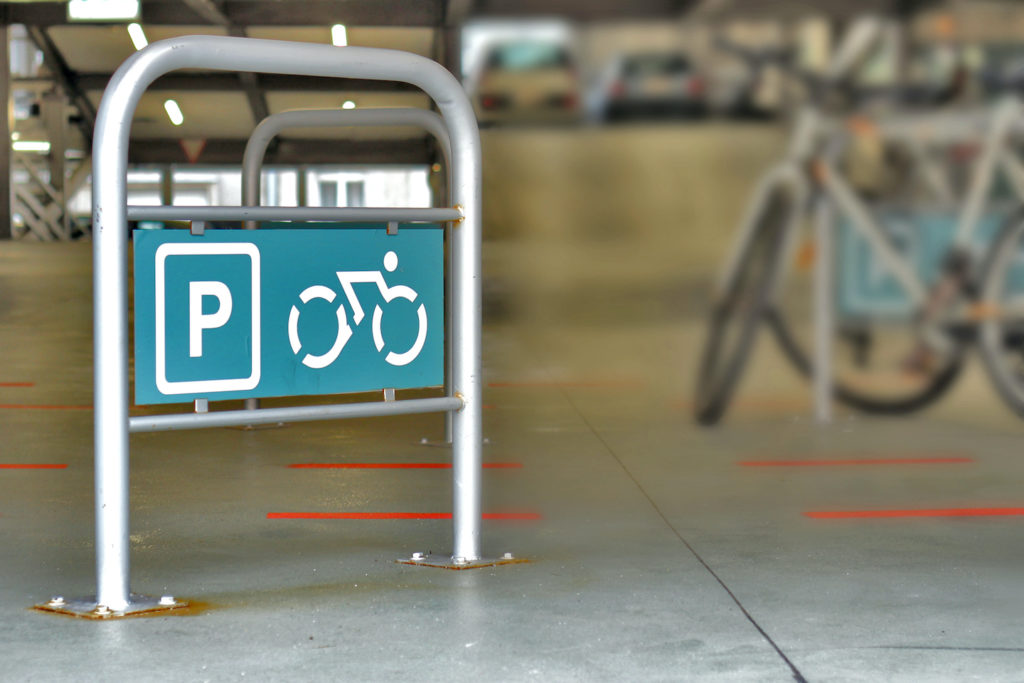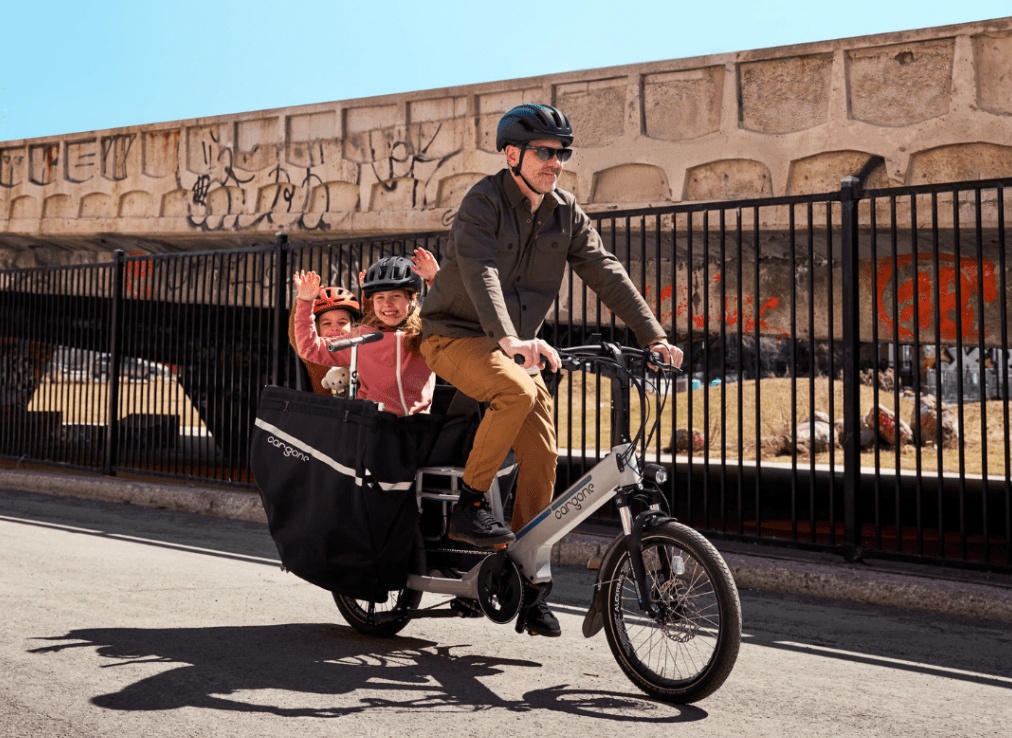December 17, 2023 - ECF strongly welcomes the provisional agreement on the Energy Performance of Buildings Directive which sets, for the very first time, European minimum bicycle parking norms for virtually all types of buildings, both residential as well as non-residential.

After two years of negotiations, legislators agreed on 7 December on a text that, when rubberstamped officially by Member States and the European Parliament early next year, will be no less than ground-breaking for bicycle parking norms across the European Union. This is a major win for ECF and an important recognition for cycling as a climate-friendly and energy-efficient means of transport.
What Regulators Agreed Upon
Below is the list of the most important outcomes for cycling that Member States need to ensure:
• For new residential buildings and those undergoing major renovation, with more than three car parking spaces: At least two bicycle parking spaces for every residential building unit. With an average household size of 2.3 persons in the EU, this means that almost every resident living in such a building will have access to bicycle parking. A recital, albeit non-binding legally, stipulates that the rule of two bicycle parking spaces per residential unit should ideally also apply to buildings without car parking.
• For new non-residential buildings and those undergoing major renovation, with more than five car parking spaces: Bicycle parking spaces representing at least 15% of the average or 10% of the total user capacity of the building. Space for bicycles with larger dimensions than standard bicycles, such as cargo bikes, should be taken into account too.
• For existing non-residential buildings, with more than twenty car parking spaces: Bicycle parking spaces representing at least 15% of the average or 10% of the total user capacity of the building. Again, space for bicycles with larger dimensions than standard bicycles should be provided. These provisions for existing non-residential buildings have to be applied by 1 January 2027.
Additional provisions such as providing charging infrastructure for electric bicycles in residential buildings are also included in the directive. But so are certain derogations as to allow Member States to limit/adjust the number of bicycle parking to specific types of non-residential buildings “that are not typically accessed by bicycle” or, in the case of residential buildings, under specific conditions. ECF will discuss these elements in full detail once the provisional agreement has been confirmed by the Council (Member States) and the European Parliament.
The EU provisions on bike parking in both residential as well as non-residential buildings are ground-breaking in that sense that many Member States lack to date such norms.
A 2018 ECF report on national and regional bicycle parking norms in 31 European countries had identified only six countries to have national minimum quantitative bicycle parking norms for apartment buildings in place; three countries operated with a general national framework legislation but left it to city governments to decide on specific norms; eight countries had issued non-binding guidelines at that time. The remaining 11 countries had none of the above. The absence of safe and secure bike parking are found to be one of the main barriers to bicycle ownership and regular cycle use.
Next steps
The co-legislators, Council and Parliament, are expected to adopt the directive in the early months of 2024. Once published in the EU Official Journal and entered into force, Member States will have 24 months to transpose the EU directive into national law. Implementation starts thereafter.
Read the full provisional agreement here more about ECF here.
















